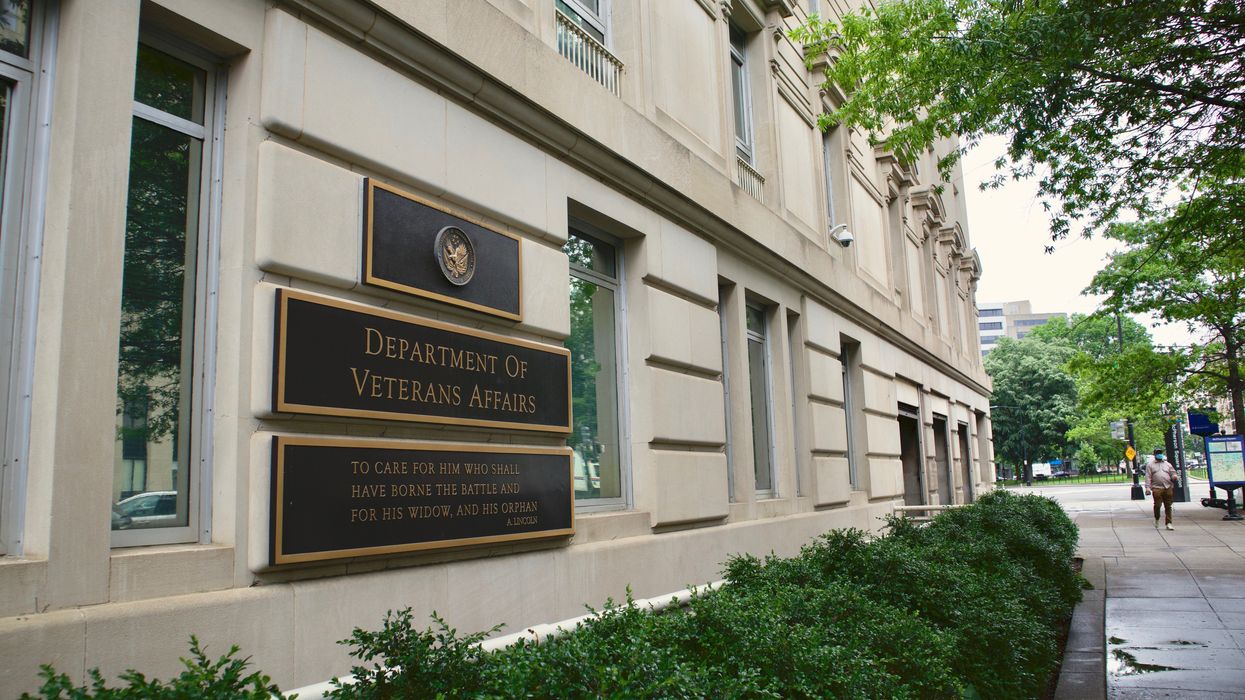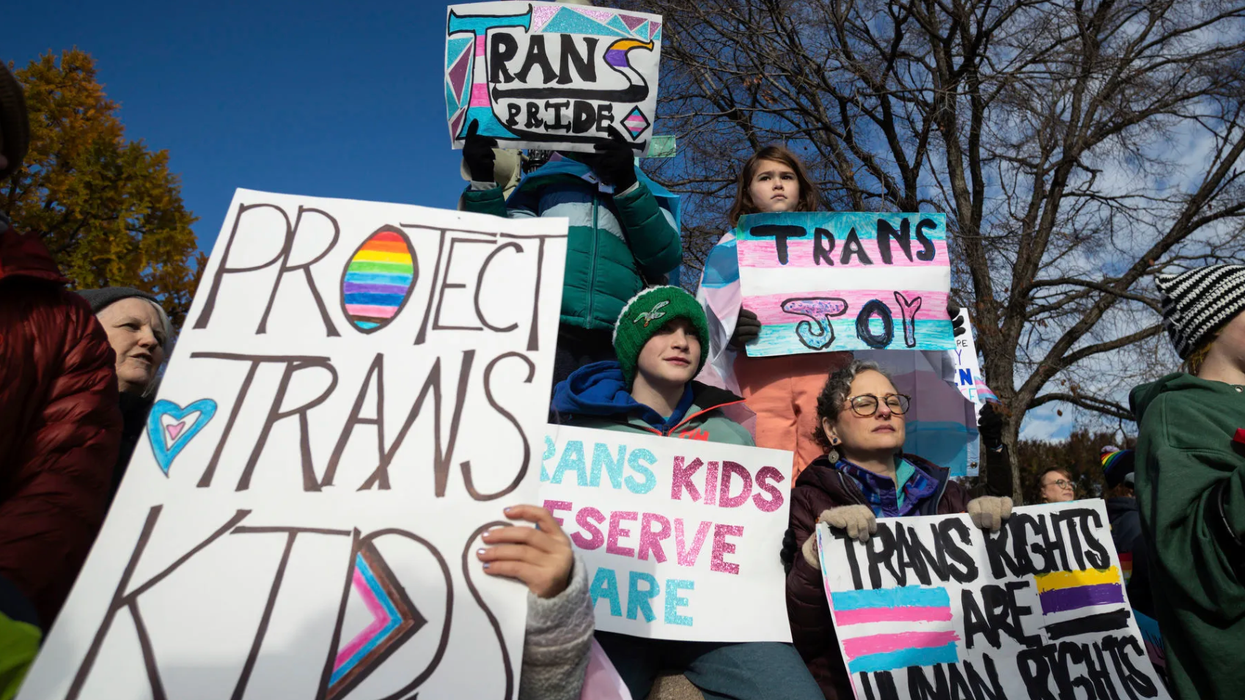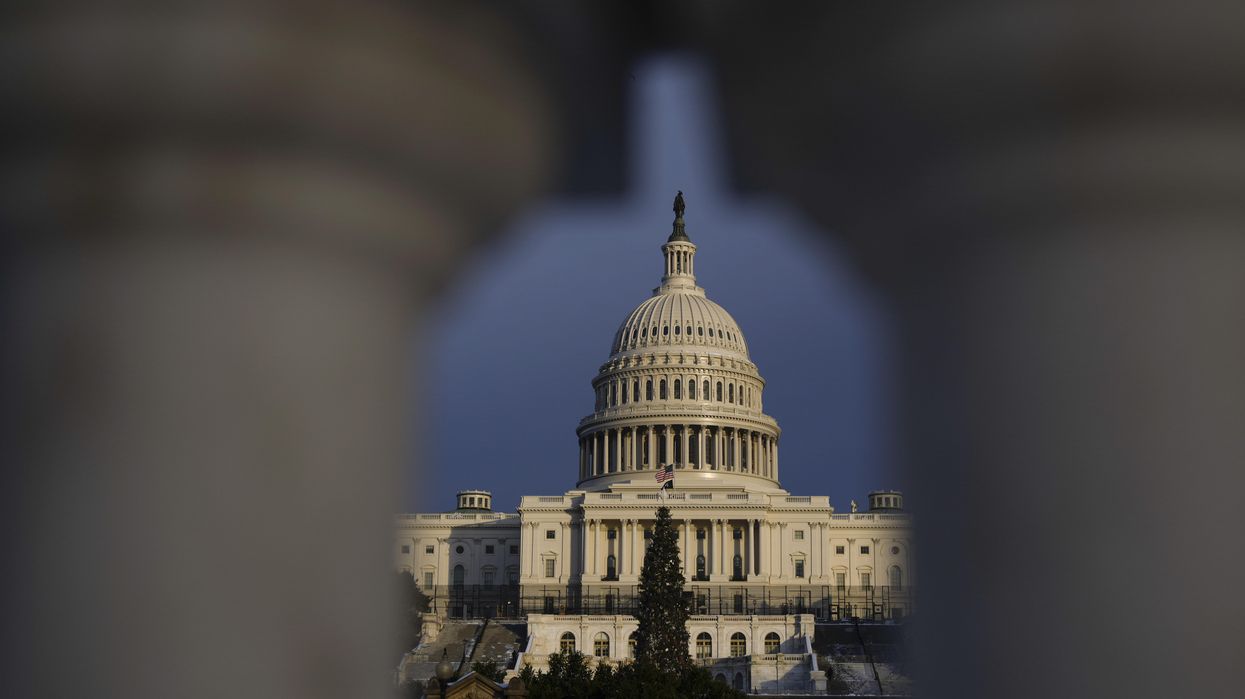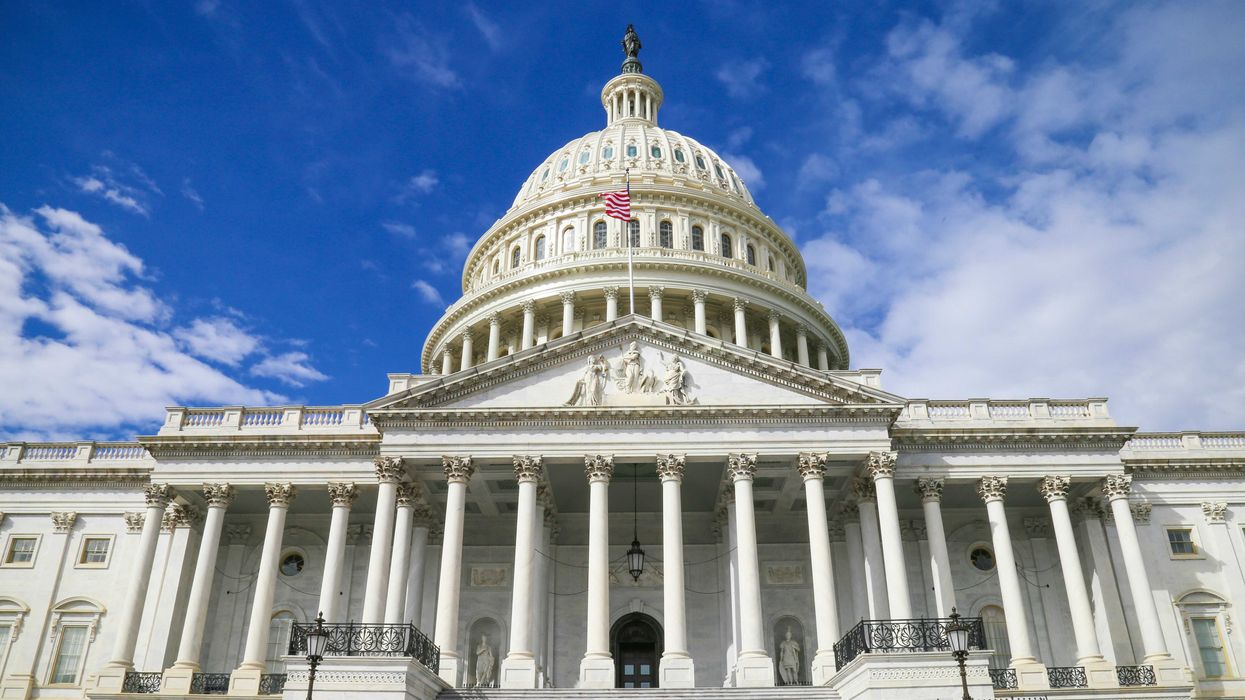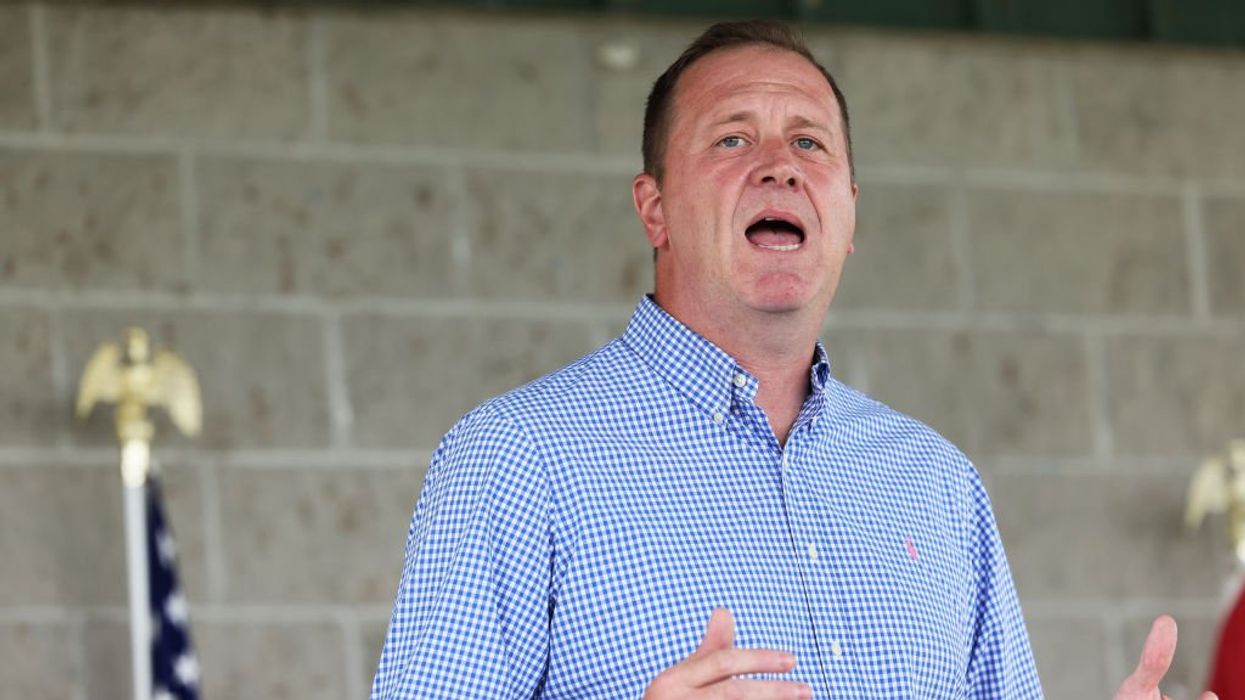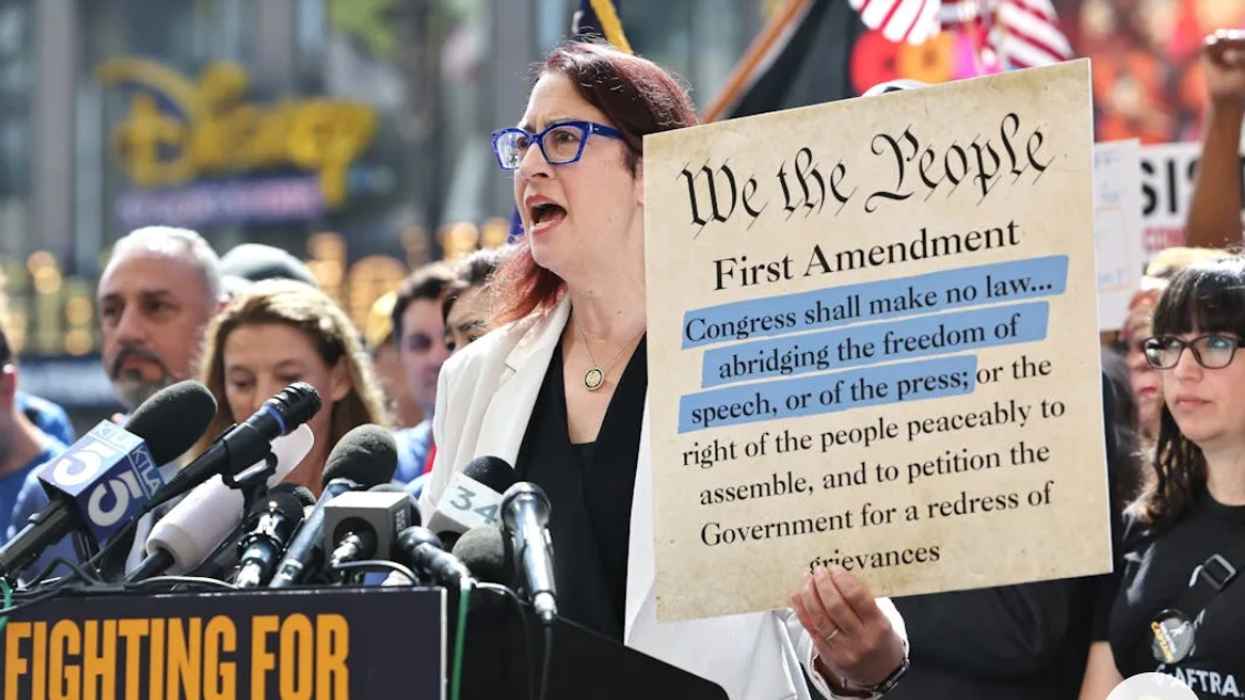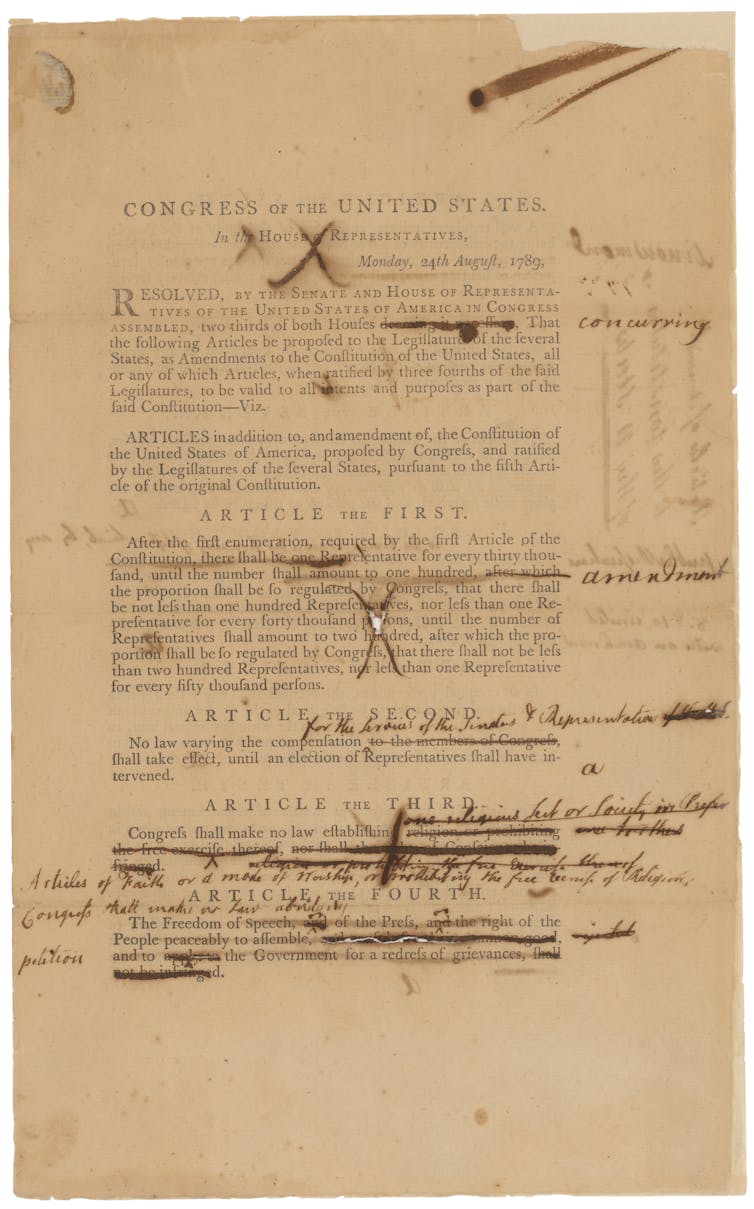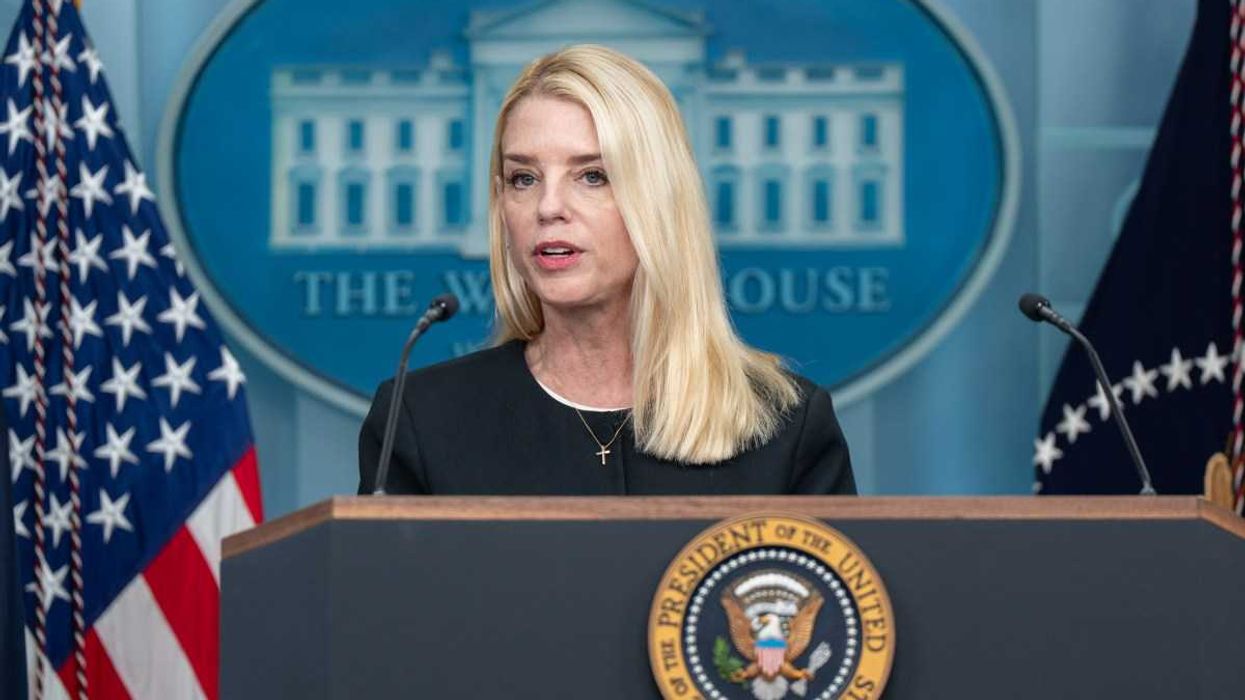Becvar is co-publisher of The Fulcrum and executive director of the Bridge Alliance Education Fund, the parent organization of The Fulcrum.
This is part of a series offering a nonpartisan counter to Project 2025, a conservative guideline to reforming government and policymaking during the first 180 days of a second Trump administration. The Fulcrum's cross partisan analysis of Project 2025 relies on unbiased critical thinking, reexamines outdated assumptions, and uses reason, scientific evidence, and data in analyzing and critiquing Project 2025.
The health care of veterans is a matter that transcends partisanship and is part of the United States' solemn promise to the men and women who have served in its military. The Department of Veterans Affairs is responsible for administering not only the Veterans Health Administration, but also a wide range of benefits for veterans, including disability compensation, pension programs, education, home loan guarantees, life insurance, burial and memorial benefits, survivor benefits, employment services, and caregiver support.
Public polling consistently shows that Americans support enhanced benefits for veterans, specifically affordable housing, free college and free health care, more so than for the general population. A 2024 RAND Corporation study confirmed past polling reflecting broad bipartisan support for veteran-specific programs, with most Americans willing to pay higher taxes to fund these initiatives.
Both the Democratic and Republican parties also generally demonstrate strong support for veterans and their benefits. However, both parties still debate specific policy implementation and budget allocation. The Republican Party has expressed a preference for moving to a public- private partnership to administer many veterans benefits, while (most of) the Democratic Party favors investing in public infrastructure to meet VA mandates. So it’s not surprising that proposed changes to the VA included in Project 2025, a conservative blueprint for a second Trump administration, focus largely on privatization.
From a nonpartisan perspective, the stated aims of Project 2025’s proposed reforms are worthy goals: to enhance the efficiency, responsiveness, and veteran-centric focus of the VA by addressing health care delivery, benefits administration, infrastructure, and workforce management. But would these reforms achieve their intended goals?
Key proposals in Project 2025
Political and operational changes: One notable political proposal would extend the term of the under secretary for health to ensure continuity and protect the position from political changes by the next administration. Additionally, the plan calls for the dismissal of Biden administration appointees on day one to establish political control over the VA.
Health care proposals: These are particularly controversial. The plan recommends eliminating services deemed contrary to conservative principles, such as abortion and gender reassignment surgeries, and emphasizes adjusting services to meet the needs of an aging veteran population transitioning from Vietnam-era to post-9/11 veterans. It also proposes codifying the 2018 VA MISSION Act standards to ensure veterans have access to private-sector care, potentially expanding privatized outpatient clinics and telehealth.
Veterans Benefits Administration reforms: For the VBA, the focus is on outsourcing and technology to streamline claims processing. The goal is to process the first disability claim within 30 days and reduce improper payments and fraud. There is also an emphasis on accelerating reviews of standardized disability ratings and increasing IT funding for automation and improved efficiency.
Office of Human Resources and Administration reforms: The HRA reforms include rescinding Biden administration delegations of authority, reevaluating hybrid and remote work policies, expediting a new HRIT system, and enhancing recruitment of veterans and military spouses. Additionally, the plan suggests sunsetting the Office of Accountability and Whistleblower Protection and decoupling HRA from the Office of Security and Preparedness to streamline operations.
Concerns and considerations
One of the primary goals of Project 2025 VA reforms is to outsource many core health care services to private companies. This includes outsourcing exams for evaluating claims, adjudicating claims automatically with private tech companies and facilitating care through private health care providers. While some conservative groups, like Concerned Veterans for America, support expanding veteran access to private care and cite polling that indicates wide support for that plan, this polling seems to directly contradict years of surveys of veterans who use the VHA.
For the quarter ending March 2024, 80.4 percent of veterans expressed trust in the VA, with 91.8 percent specifically trusting VA health services. Why the disconnect? The difference in perceptions may come from the fact that outside polling often includes a large percentage of opinions from the public rather than just veterans who use VHA services, skewing the results, or perhaps past scandals at individual VA facilities remain salient in the public's minds. However, multiple systematic reviews comparing VA and non-VA health care outcomes show that the VHA generally provides equal or better quality care, particularly regarding mortality rates and in safety, equity, and specific surgical and clinical outcomes.
Without a doubt, there are veterans who have negative experiences with their VA-administered care, and those veterans need to be heard and have their concerns addressed. However, privately administered health care in the U.S. is already overburdened, and it doesn’t seem logical to move veterans into that private system, risking the real net positive results most veterans experience through the VHA. A recent audit by the VA Office of Inspector General concurred and highlighted concerns that increased spending on community care could erode the VA's direct care system and limit choice for veterans who prefer VA services. It warned that diverting funds from the VA to private care could reduce the quality of direct VA care.
To be clear, under the Biden administration, the VA has continued the trend of privatization that began under Obama, grew, and was codified by the MISSION Act in 2018 under Trump. The Project 2025 report on the VA hints at this when offering rare praise that the Biden appointees have "adopted some of their predecessors’ governance processes." Ensuring that changes truly benefit veterans should be the priority for the current administration as well as future administrations looking to improve the VA.
Project 2025 focuses on conservative political goals and extensive outsourcing, risking politicizing the VA further and undermining its ability to serve veterans effectively. Given the high trust and satisfaction among veterans with current VA services, nonpartisan support for veteran-centric benefits, and research indicating the importance of retaining the private model of care, it is crucial to approach these reforms cautiously
More articles about Project 2025
- A cross-partisan approach
- An Introduction
- Rumors of Project 2025’s Demise are Greatly Exaggerated
- Department of Education
- Managing the bureaucracy
- Department of Defense
- Department of Energy
- The Environmental Protection Agency
- Education Savings Accounts
- Department of Veterans Affairs
- The Department of Homeland Security
- U.S. Agency for International Development
- Affirmative action
- A federal Parents' Bill of Rights
- Department of Labor
- Intelligence community
- Department of State
- Department of the Interior
- Federal Communications Commission
- A perspective from Europe
- Department of Health and Human Services
- Voting Rights Act
- Another look at the Federal Communications Commission





